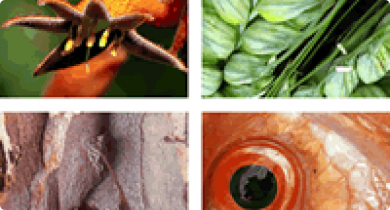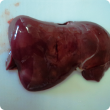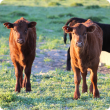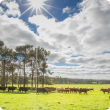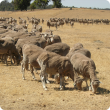Biosecurity & quarantine
The Department of Agriculture and Food, Western Australia (DAFWA) works with primary industries to safeguard our agricultural resources from biological threats and to maintain our export opportunities.
The State’s reputation is underpinned by a comprehensive biosecurity and quarantine system, developed and operated by DAFWA.
DAFWA is involved with:
- creation of surveillance and diagnostic programs
- animal and plant risk assessments
- importing and exporting requirements
- creating mechanisms to respond to incursions
- livestock movement and identification
- development and maintenance of biosecurity and quarantine legislation.
To find out more about what we do to protect agricultural production and export opportunities within the State please search our website.
Filter by search
Filter by topic
- Livestock management (14) Apply Livestock management filter
- (-) Remove Pests, weeds & diseases filter Pests, weeds & diseases
- Livestock & animals (14) Apply Livestock & animals filter
- Biosecurity (14) Apply Biosecurity filter
- (-) Remove Management & reproduction filter Management & reproduction
- Livestock health & diseases (13) Apply Livestock health & diseases filter
- Diseases (13) Apply Diseases filter
- Livestock biosecurity (13) Apply Livestock biosecurity filter
- Livestock disease surveillance (12) Apply Livestock disease surveillance filter
- Livestock species (11) Apply Livestock species filter
- Sheep (8) Apply Sheep filter
- Beef cattle (4) Apply Beef cattle filter
- Dairy cattle (3) Apply Dairy cattle filter
- Control methods (2) Apply Control methods filter
- State Barrier Fence (1) Apply State Barrier Fence filter
- Stockfeed (1) Apply Stockfeed filter
- Veterinary chemicals (1) Apply Veterinary chemicals filter
- Wildlife biosecurity (1) Apply Wildlife biosecurity filter
- Poultry & birds (1) Apply Poultry & birds filter
- Invasive species (1) Apply Invasive species filter
- Chemicals (1) Apply Chemicals filter
- Emergency animal disease preparedness (1) Apply Emergency animal disease preparedness filter
- Food, export & investment (1) Apply Food, export & investment filter
- Goats (1) Apply Goats filter
- Mechanical, physical and cultural (1) Apply Mechanical, physical and cultural filter

